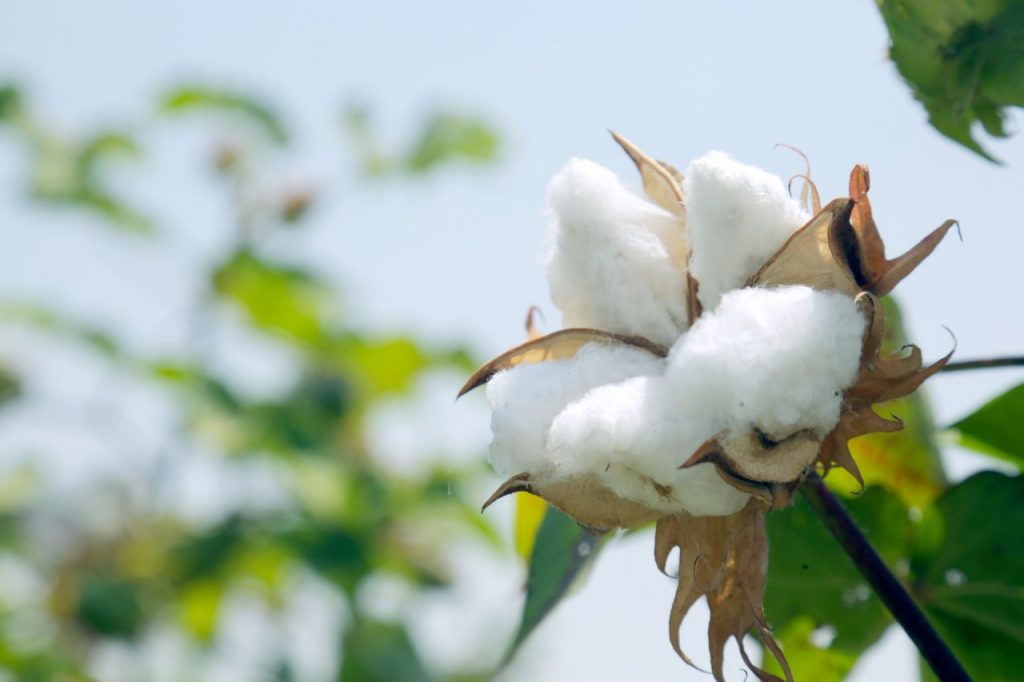Unveiling the True Quality of 100% Cotton: A Comprehensive Analysis
2 min read
In the world of textiles, cotton has always been revered for its natural properties and versatility. However, when it comes to determining the quality of cotton, the question arises: Is 100% cotton truly a high-quality fabric? In this blog post, we will delve into the intricacies of cotton production, explore the factors that contribute to its quality, and ultimately provide a comprehensive analysis to answer this question.
- Understanding Cotton Fiber:
To assess the quality of 100% cotton, it is crucial to comprehend the characteristics of cotton fiber. Cotton fibers are composed of cellulose, which gives them their softness, breathability, and absorbency. The length, strength, and fineness of these fibers play a significant role in determining the fabric's overall quality. - The Importance of Fiber Length:
One of the key indicators of cotton quality is the length of its fibers. Longer fibers, known as staple fibers, are generally considered superior due to their enhanced strength and durability. Fabrics made from longer staple cotton tend to be smoother, more lustrous, and less prone to pilling. Egyptian cotton, renowned for its long staple fibers, is often associated with luxury and high quality. - Strength and Fineness:
Apart from length, the strength and fineness of cotton fibers also contribute to its quality. Stronger fibers are less likely to break or tear, ensuring the longevity of the fabric. Finer fibers, on the other hand, result in a softer and more comfortable fabric. These characteristics are particularly important in applications such as bedding and clothing, where comfort and durability are paramount. - Weave and Thread Count:
While the quality of cotton fiber is crucial, it is equally important to consider the fabric's weave and thread count. The weave affects the fabric's breathability, texture, and appearance. Common weaves include plain, twill, and satin, each offering distinct characteristics. Additionally, the thread count refers to the number of threads per square inch of fabric. Higher thread counts generally indicate a smoother and more luxurious feel, but it is essential to strike a balance as excessively high thread counts may compromise breathability. - Organic and Sustainable Cotton:
In recent years, the demand for organic and sustainable cotton has grown significantly. Organic cotton is cultivated without the use of synthetic pesticides or fertilizers, making it a more environmentally friendly choice. While organic cotton may not always guarantee superior quality, it appeals to consumers who prioritize sustainability and ethical production practices.
Conclusion:
After a thorough analysis, it is evident that 100% cotton can indeed be a high-quality fabric. The length, strength, and fineness of the fibers, along with factors such as weave and thread count, all contribute to the overall quality of cotton. However, it is important to note that the perception of quality may vary depending on individual preferences and specific applications. Whether it is the luxurious feel of Egyptian cotton or the sustainable appeal of organic cotton, understanding the nuances of cotton quality empowers consumers to make informed choices.
